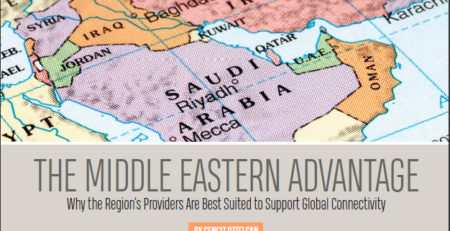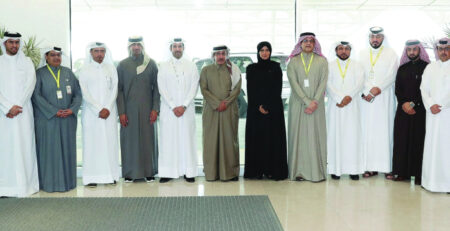Mitigating the risk of Red Sea disruption with GBI’s North Express Route
Cengiz Oztelcan, CEO, GBI
Amid the disruption to the crucial shipping corridor of the Red Sea, at the key chokepoint between the Suez Canal and the Arabian Sea, one critical topic is being missed out of most conversations: subsea cables.
With a huge volume of data between Europe and Asia travelling via this route, these cables are responsible for connecting the world as the backbone of the internet. From enabling global communication to financial transfers, these conduits are crucial to the makeup of today’s society.
Alarmingly, several undersea communications cables in the Red Sea have been cut in recent months, affecting 25% of data traffic flowing between Asia and Europe. That’s why measures must be taken to diversify traffic routes, and GBI is at the forefront of driving this through our North Express Route (NER).
Diversification is key
Almost all subsea cables and traffic from Asia pass through the Red Sea which creates bottlenecks. And bottlenecks in this context can be costly, as outages and high latency can impact individuals, businesses and countries on a vast scale.
It’s therefore crucial that there is full diversity for Europe-Asia connectivity, and the Gulf is integral to this. Leveraging cables and assets in Asia and the Gulf to carry traffic north to Europe provides a multitude of benefits. For instance, latency can be significantly improved by offering more direct paths between key POPs.
Adding further diversity, terrestrial routes have multiple streams running through different countries providing redundancy, meaning users remain connected in the case of an outage. This is vital in ensuring the continuation of mission-critical operations, particularly as more companies accelerate their digital transformation.
GBI’s North Express Route
Connected to Europe’s key POPs, the NER is the low latency, high capacity corridor to the region.
With a round-trip delay between Doha and Frankfurt of 80ms, the NER offers a 30% reduction in latency over our South Route. Developed alongside leading GBI partners and providers so it contains the latest DWDM equipment, the route seamlessly supports high-capacity connections, up to 10 Terabit to date.
Crucially, the NER offers true route diversification. Alongside 24×7 NOC, IP transit can be complete via separate paths through Iraq and Turkey, with the entire route protected by our South Route. The redundant pathways mean we’re a safe pair of hands for our customers, ensuring reliable and highly secure operations.
With a 99.99% uptime, the NER has already proven its capabilities, being relied on by carriers to seamlessly deliver the FIFA World Cup 2022 in Qatar.
It’s no surprise then that we’re in conversations with a multitude of organisations that need high capacity, low latency connections for their critical operations. Businesses facing high SLAs and are laser focused on delivering seamless digital experiences need infrastructure that they can rely on.
The thriving economies of the Middle East and their data-hungry societies are no longer a secret. More businesses are placing regional investment at the top of their agendas, but delivering on this vision requires reliable connectivity supported by diverse routes to Europe. If you want to discuss how GBI can open doors for you, get in touch.










